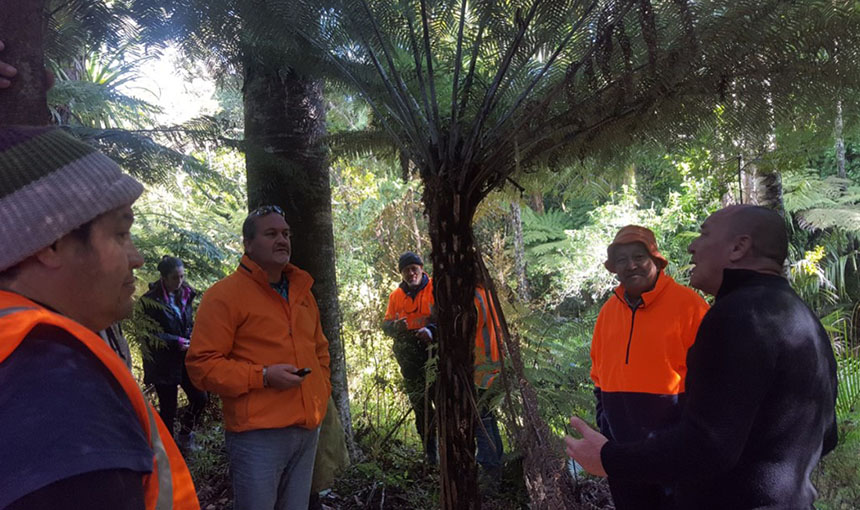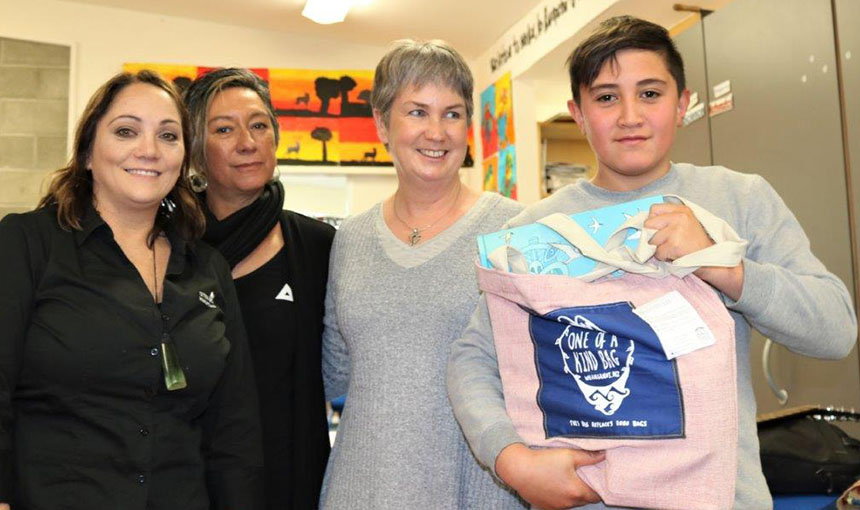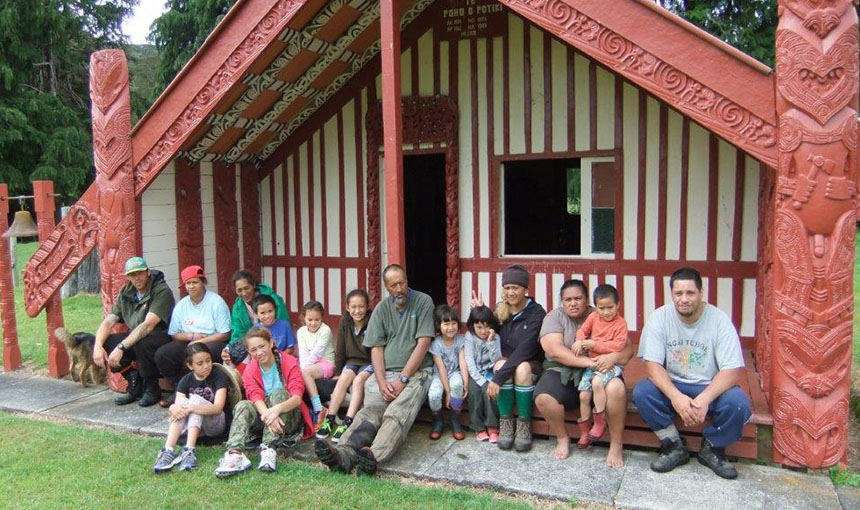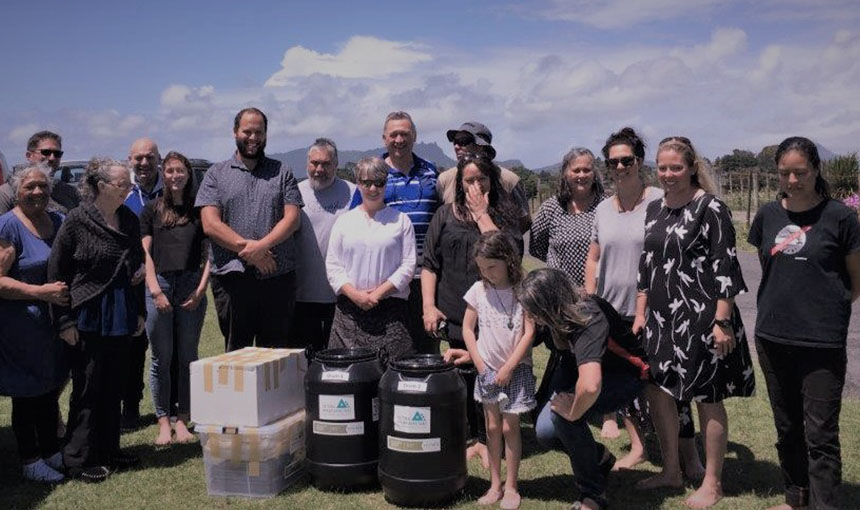Mātauranga Māori For Biological Heritage
Whakamanahia ngā mātauranga o nehe hai oranga tangata, oranga taiao

Kaumātua- (elder) led research that puts Māori methods and mātauranga (knowledge) first is a key part of restoring Aotearoa New Zealand’s land and freshwater ecosystems.
This is the fundamental concept behind a BioHeritage project led by Cawthron Istitute’s Dr James Ataria and Challenge Director Māori Melanie
Mark-Shadbolt.
The team is co-designing their research with kaumātua (Maōri knowledge-holders) and end-users.
“We want the application of this approach to, firstly, restore and future-proof the pre-colonial transfer of mātauranga Māori. Secondly, to contribute to achieving BioHeritage’s mission of reversing the decline of Aotearoa’s biological heritage,” James says.
Aims
- Restore and futureproof the pre-colonial transfer of mātauranga Māori
- Contribute to the BioHeritage Challenge mission: to reverse the
decline of New Zealand’s biological heritage
Results
The collaboration has been underway since 2017 and a number of themes are coming through in feedback from kaumātua, including:
- There is a lack of understanding about what underpins ‘healthy’ knowledge and kaumātua well-being. In Te Ao Māori (the Māori world) people are intrinsically linked to the land in which they live, so when the land is healthy the people thrive and vice versa. Indigenous knowledge must be handed down to future generations to maintain the vitality of the land and culture.
- The western science system and practitioners do not prioritise Māori environmental knowledge and this knowledge is often misappropriated.
- As people become disconnected from their whenua (land) and culture there is an increasing disconnection and erosion when it comes to applying cultural environmental knowledge.
Issues & Impacts
Key finding
The real impact of this project has been the empowerment of biodiversity knowledge-holders to lead and guide research.
Giving them space and place to kōrero (talk) about the issues they are facing in maintaining and transferring their mātauranga has been invaluable and feedback has been overwhelmingly positive.
In fact we have found our knowledge holders to be extremely open because the process has been tika (right).
Research Partners
Key people: Dr James Ataria, Cawthron Institute; Melanie Mark-Shadbolt, BioHeritage Challenge, Te Tira Whakamātaki; Dr Simon Lambert, Tūhoe, Ngāti Ruapani ki Waikaremoana; kaumātua


